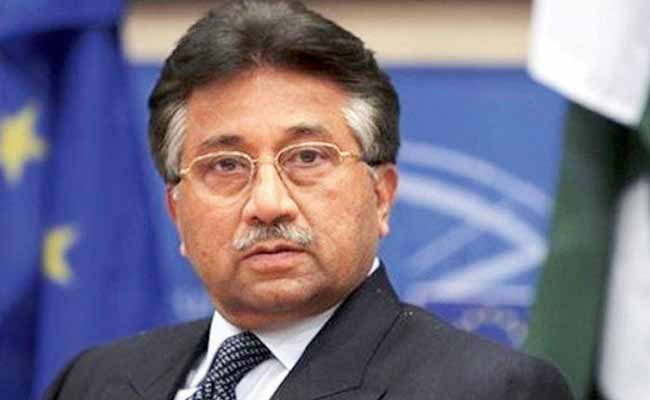Saudi Arabia Abolishes Decades-Old Kafala Labour System, Impacting Over 2 Million Indians

New Delhi | October 23, 2025 Saudi Arabia has officially abolished the controversial kafala labour sponsorship system, a move hailed internationally as a major human rights milestone. The decision marks the end of a 50-year-old structure that critics long described as a form of modern-day slavery, affecting millions of migrant workers—among them nearly 2.3 million Indians. Under the kafala system, foreign workers were legally bound to their employers—known as kafeels—who exercised near-total control over their professional and personal lives. Employers could confiscate workers’ passports, withhold wages, restrict movement, and even decide whether they could change jobs or leave the country. The system was originally introduced in the 1950s to regulate the influx of foreign labour from Asia and Africa, but over time it turned into an instrument of exploitation and abuse. The abolition, announced as part of Crown Prince Mohammed bin Salman’s Vision 2030 reforms, is expected to benefit around 13 million migrant workers in the Kingdom. Of these, over two million are Indians, most employed in construction, domestic work, and service sectors. The reform is also seen as part of Saudi Arabia’s broader strategy to improve its global image and attract foreign investment ahead of major international events, such as the 2029 Asian Winter Games. For decades, the kafala system had drawn sharp criticism from international organizations. The International Labour Organization (ILO) and human rights groups repeatedly accused Gulf nations of using the model to enable forced labour and human trafficking under the pretext of “sponsorship.” Workers who tried to leave abusive employers often faced detention, deportation, or blacklisting. Women, in particular, bore the brunt of this exploitation, with countless reports of physical, sexual, and psychological abuse. Stories like that of Jacintha Mendonca, a 46-year-old nurse from Karnataka, highlighted the system’s cruelty. Lured by a job offer in Qatar, she was trafficked to Saudi Arabia in 2016 and held for ransom by her kafeel, who demanded ₹4.3 lakh for her release. Mendonca was eventually rescued through coordinated diplomatic efforts by Indian authorities. Similar cases surfaced from Gujarat and Karnataka, where women seeking work abroad were instead subjected to violence and forced labour before being rescued and repatriated. Although Saudi Arabia has now ended the kafala model, variations of it still exist across other Gulf nations such as Kuwait, Oman, Lebanon, and Qatar, where an estimated 25 million foreign nationals continue to work under restrictive sponsorship systems. Indians form the largest share of this migrant workforce, estimated at 7.5 million across the Gulf. The reform in Saudi Arabia comes amid growing global pressure from rights groups, non-profits, and foreign investors urging Gulf nations to improve labour conditions. While economic motives played a key role in the decision, the move also signals Saudi Arabia’s desire to align with international labour standards and reduce its reputation as a hub for migrant exploitation. Rights organizations have welcomed the reform but remain cautious, emphasizing that true progress will depend on strict enforcement and continued monitoring to prevent employers from finding new ways to exploit workers. Still, for millions of migrant labourers—especially from India—the end of the kafala era in Saudi Arabia represents a long-awaited step toward dignity, autonomy, and justice in the workplace. End of the Kafala Era Saudi Arabia has officially ended the decades-old kafala labour system that bound foreign workers to their employers, often trapping them in abusive conditions. The reform impacts over 13 million migrants, including 2.3 million Indians. Under kafala, employers could seize passports and control workers’ movements, leading to widespread exploitation. The abolition, part of Crown Prince Mohammed bin Salman’s Vision 2030 plan, comes after global criticism and pressure from rights groups. While challenges remain, the move marks a historic shift toward fairer labour rights and renewed hope for millions who built Saudi Arabia’s economy from the ground up.




